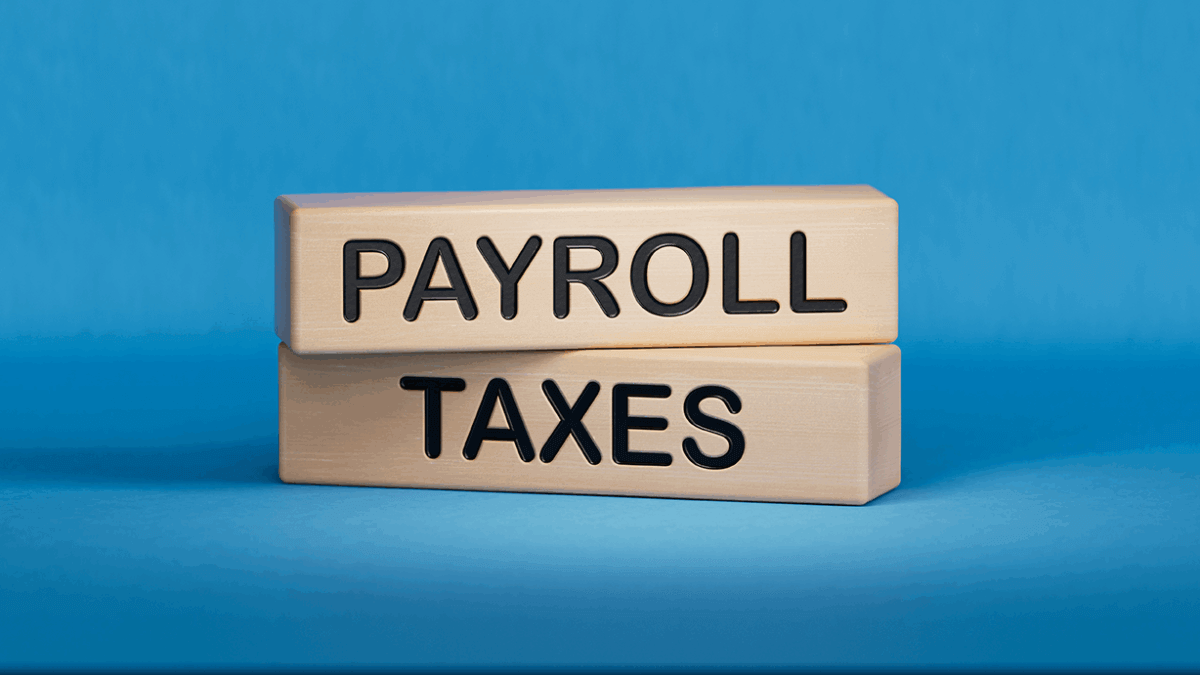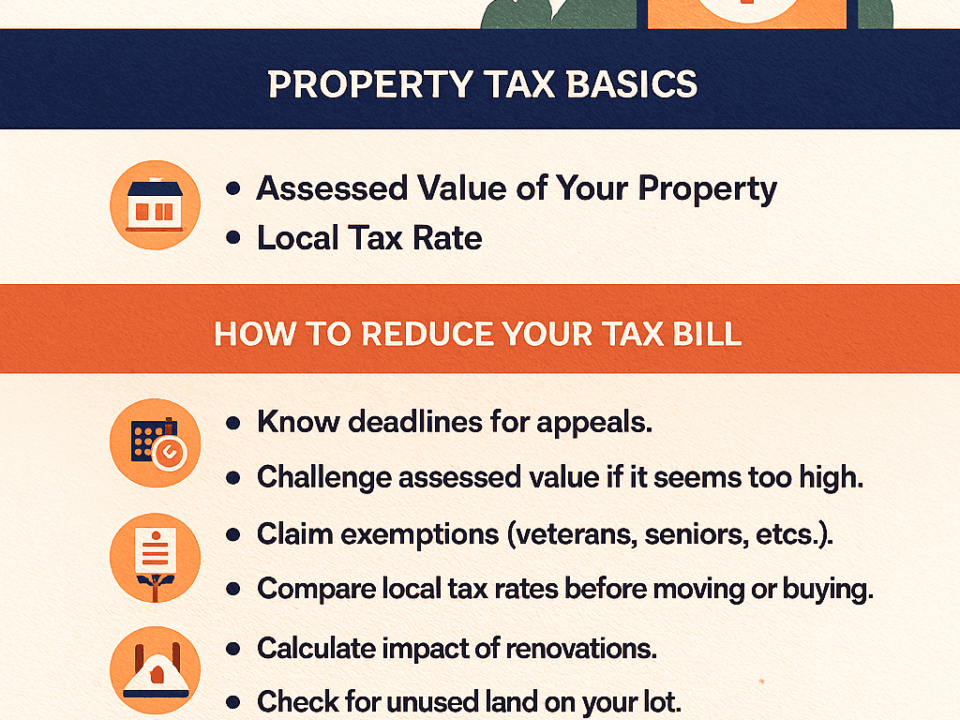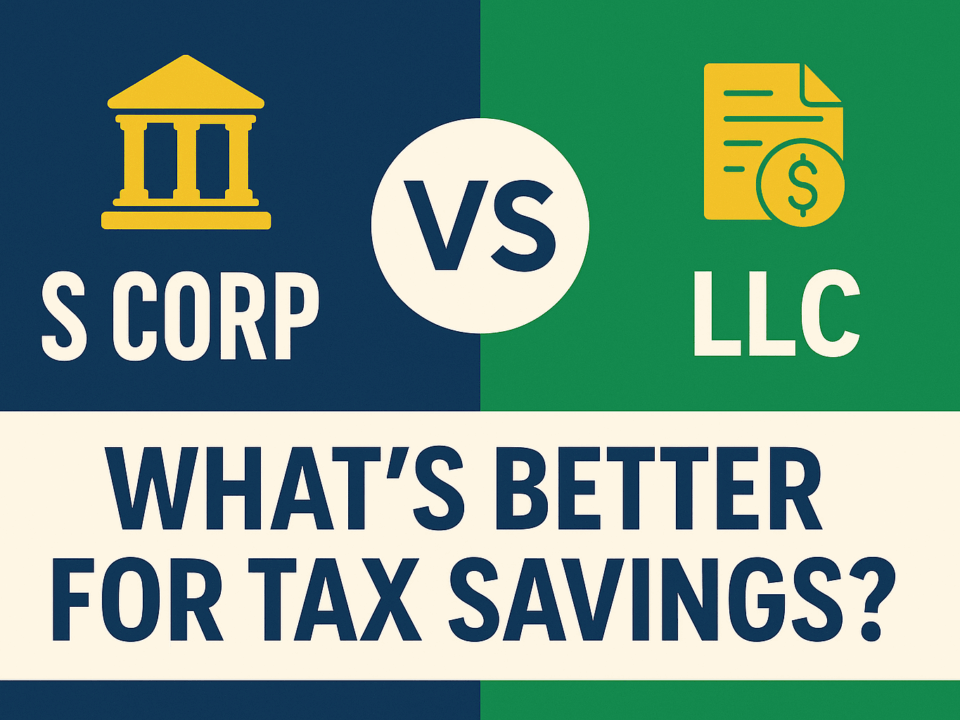
Cash Flow Management in Slow Seasons
June 1, 2025
Deducting Mileage on Your Tax Return
July 3, 2025💼 Payroll Tax – What Is
and Why It Matters:
A Guide for Employers
If you run a business with employees—or you’re planning to hire—there’s one major responsibility you can’t ignore: payroll taxes. They might not be the most glamorous part of entrepreneurship, but getting payroll taxes right is absolutely essential to staying compliant, avoiding penalties, and running a smooth operation. ✅
Unfortunately, many small business owners and startups are confused or misinformed about payroll tax obligations. Misunderstandings can lead to fines, audits, or even legal trouble. So let’s clear things up.
In this blog, we’ll break down:
-
✅ What payroll tax is
-
🧾 What it includes (FICA, FUTA, and more)
-
⚠️ Common misconceptions
-
📄 Filing requirements
-
🌐 State and unemployment insurance (UI) taxes
-
🧠 Where to find official IRS guidance
-
🤝 And how FSMC Bookkeeping Service can take the stress out of payroll
💬 So… What Is Payroll Tax?
Payroll taxes are taxes employers are required to withhold from employee paychecks and/or contribute on behalf of their employees. These taxes fund critical government programs like Social Security, Medicare, and unemployment insurance.
There are two main components:
1. Employee Withholding Taxes
These are withheld from the employee’s gross wages:
-
🏥 Medicare tax (1.45%)
-
👴 Social Security tax (6.2%)
-
💵 Federal income tax (varies by income and filing status)
-
🧾 State and local taxes (varies by location)
2. Employer Payroll Taxes
Paid by the employer, typically:
-
👴 Social Security (6.2%)
-
🏥 Medicare (1.45%)
-
🧠 Federal Unemployment Tax Act (FUTA)
-
🏢 State Unemployment Insurance (SUI or UI)
🔢 In total, employers typically match the 7.65% FICA (Social Security + Medicare) contribution for each employee.
❌ Common Payroll Tax Misconceptions
🚫 “I’m a small business, so I don’t need to worry about payroll tax.”
Wrong. If you pay any employee (even one), you’re responsible for payroll taxes—even if they’re part-time.
🚫 “Independent contractors are subject to payroll tax.”
Nope. Independent contractors handle their own taxes via self-employment tax. But be careful: misclassifying employees as contractors can result in steep IRS penalties.
🚫 “I only have family working for me, so I’m exempt.”
Not necessarily. The IRS has specific rules for family employment, and exemptions depend on the relationship and business structure.
💡 Pro tip: When in doubt, talk to a payroll expert—like the team at FSMC Bookkeeping Service.
📄 Payroll Tax Filing Requirements
Managing payroll taxes involves multiple steps and deadlines, both for federal and state authorities.
Here’s what you’re responsible for:
🧾 1. Withhold Taxes from Employee Paychecks
Each pay period, you must withhold:
-
Federal income tax
-
FICA (Social Security and Medicare)
-
State and local income tax (if applicable)
🧾 2. File IRS Form 941 Quarterly
This form reports:
-
Total wages paid
-
Tax withholdings
-
Employer FICA contributions
🗓️ Due Dates:
-
Q1: April 30
-
Q2: July 31
-
Q3: October 31
-
Q4: January 31
🧾 3. Deposit Payroll Taxes (Semiweekly or Monthly)
Depending on your total payroll tax liability, you’ll be required to deposit taxes either monthly or semiweekly using the Electronic Federal Tax Payment System (EFTPS).
🧾 4. File Form 940 Annually
This reports your FUTA (Federal Unemployment Tax) liability and is due January 31 of the following year.
🧾 5. Provide W-2 Forms to Employees
By January 31 each year, you must:
-
Distribute W-2s to employees
-
File W-2s with the Social Security Administration (SSA)
🧠 IRS Payroll Tax Resources
The IRS offers a wide range of tools to help you stay compliant:
-
📘 IRS Publication 15 (Circular E): Employer’s Tax Guide
-
💻 EFTPS.gov: For federal tax deposits
-
🧾 IRS Form 941: Quarterly filing info
-
🧾 IRS Form 940: FUTA information
👓 Bookmark these resources—or work with a payroll professional like FSMC to handle it all for you.
🧠 Understanding UI and State Payroll Taxes
In addition to federal requirements, each state has its own payroll tax rules, often including:
💼 State Unemployment Insurance (SUI/UI)
Every state requires employers to contribute to a state-run unemployment fund.
Rates and wage bases vary by state and business history (e.g., new employers often pay higher rates initially).
💰 State Income Tax Withholding
If your state has income tax, you must withhold and remit it just like federal income tax.
States like Texas, Florida, Nevada, and Tennessee don’t require income tax withholding—but most others do.
📄 State-Specific Filing Requirements
Many states require:
-
Registration with the state revenue department
-
Quarterly payroll reports
-
W-2 submissions at year-end
📌 Tip: Check your specific state’s Department of Revenue website for compliance guidelines—or consult with FSMC for multi-state compliance support.
🧾 Payroll Taxes vs. Self-Employment Tax
If you’re self-employed, you don’t pay payroll tax—but you do pay self-employment tax, which covers:
-
Social Security (12.4%)
-
Medicare (2.9%)
That’s 15.3% total, paid entirely by you—no employer match.
💡 Even if you’re not filing payroll for employees, FSMC can help calculate and pay quarterly estimated self-employment taxes.
⚠️ What Happens If You Don’t Pay Payroll Taxes?
Failing to comply with payroll tax rules is one of the most serious offenses in the IRS’s eyes. Here’s what could happen:
❌ Penalties for Late Deposits
The IRS charges:
-
2%–15% of the unpaid amount
-
Daily compounding interest
❌ Trust Fund Recovery Penalty (TFRP)
If you willfully fail to remit withheld taxes, the IRS can hold owners and officers personally liable.
❌ Legal Action
Serious violations can result in liens, levies, or even criminal charges.
⚠️ Don’t risk it. Get your payroll handled right—with FSMC’s expert bookkeeping and payroll support.
🤝 How FSMC Bookkeeping Service Can Help
At FSMC, we know payroll taxes can be a massive headache for small business owners. That’s why we offer done-for-you payroll and bookkeeping services to take the burden off your shoulders.
✅ With FSMC, you get:
-
Accurate payroll calculations and processing
-
Tax withholdings and payments made on time
-
Filing of Form 941, 940, and W-2s
-
State and local compliance across all 50 states
-
Audit support and year-end reporting
-
Access to human experts, not just software
🗣️ “FSMC saved us from payroll chaos. Now I don’t even worry about deadlines—they handle it all.” – James M. Business Owner, Tampa FL
💡 Final Tips for Payroll Tax Success
Before we wrap up, here are some key takeaways:
-
✅ Always classify workers correctly (employee vs contractor)
-
✅ Register with both federal and state tax authorities
-
✅ Deposit withheld taxes on time, every time
-
✅ Use payroll software or services like FSMC to avoid costly mistakes
-
✅ Stay organized with accurate employee records and reports
📣 Final Thoughts
Payroll tax may seem like just another administrative task—but it’s critical to your business’s success and legality. Understanding your responsibilities—and staying on top of them—can save you from massive fines and financial headaches.
Don’t go it alone. Partner with the pros at FSMC Bookkeeping Service, and never worry about missing a payroll deadline again.
Download our complimentary Payroll Tax Essentials Guide here:
📞 Ready to simplify your payroll process?
Contact FSMC Bookkeeping Service today for a free consultation and discover how we can streamline your bookkeeping, taxes, and payroll—so you can focus on growing your business.
#PayrollTax #SmallBusinessFinance #IRSCompliance #PayrollHelp #BookkeepingServices #FSMCBookkeeping #UnemploymentTax #EmployeeWithholding #TaxDeadlines #BusinessOwnerTips #AvoidIRSpenalties 🧾💼📊




